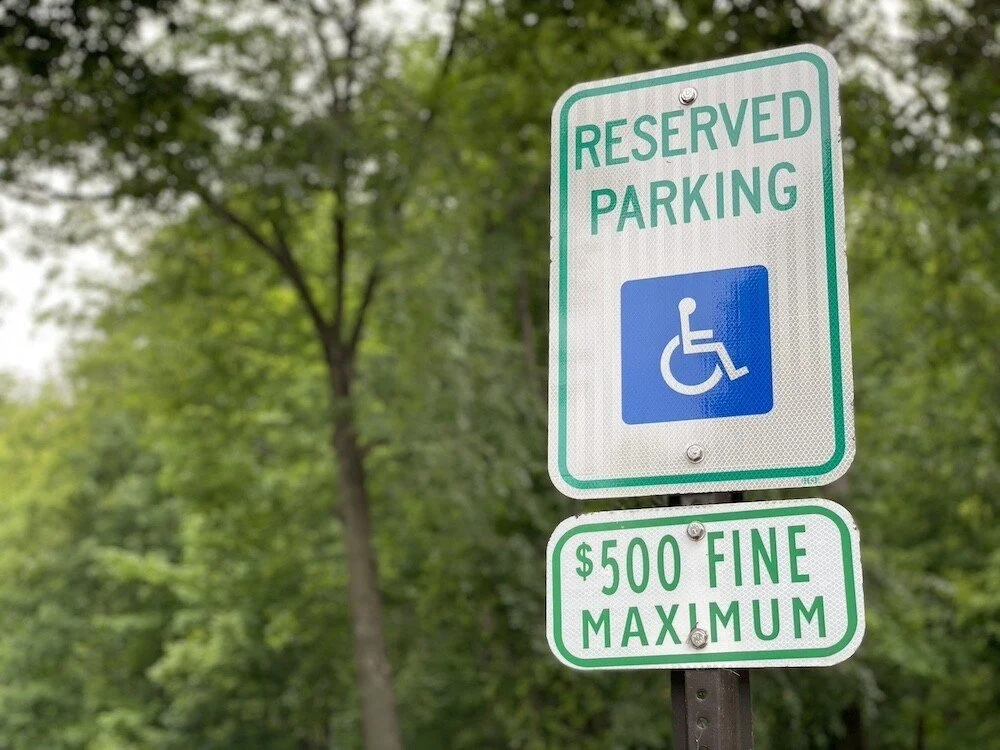Trusted CASp Inspection & ADA Compliance Services in California
Protect your property, reduce lawsuit risk, and achieve accessibility compliance with help from our Certified Access Specialists (CASp).
Get a CASp Inspection Quote | Learn About CASp Inspection Benefits
About Proactive Access
Proactive Access is an accessibility consulting firm specializing in ADA compliance and construction-related accessibility in California. Our Certified Access Specialists (CASp) are certified by the California Division of the State Architect and have completed well over 1,000 inspections across Southern California.
Our services include:
ADA Inspections – Federal accessibility compliance surveys within places of public accommodation
CASp Inspections – ADA + California Title 24 compliance
CASp Reports – Confidential written reports with certificates and legal benefits granted by the State of California to deter serial litigants from targeting California facilities
Based in San Diego, we proudly provide ADA consulting to businesses and property owners throughout all of Southern California.
Why Accessibility Matters
Approximately 1 in 4 Americans has a disability that impacts a major life activity. Disabilities can affect mobility, hearing, vision, cognition, self-care, or independent living. As the U.S. population ages, the number of people with disabilities continues to grow — increasing the demand for accessible spaces.
The Americans with Disabilities Act (ADA) was signed into law more than 30 years ago in 1990, yet many people with disabilities still encounter architectural barriers when trying to access businesses. In most cases, business owners aren’t intentionally preventing access — they may simply be unaware of the code requirements or assume barrier removal will be too costly. A Certified Access Specialist can guide you toward ADA compliance.
While many owners assume that barrier removal is an expensive process, the truth is that many accessibility improvements can be made with minimal cost or effort.
Beyond compliance, accessibility is also an economic opportunity. Businesses that remove barriers and improve access can tap into a loyal and growing customer base — representing nearly 28.7% of the U.S. population — that non-compliant businesses often miss out on.
The Importance of ADA & CASp Inspections
Any business that is open to the public must meet the accessibility of the ADA standards. Without providing an accessible built environment for your customers and staff, business owners risk:
Costly ADA lawsuits (California have of the highest litigation rates in the nation)
Lost business due to inaccessible facilities
A CASp inspection protects California businesses by providing:
A Confidential CASp Report detailing your compliance status
Guidance toward improving access and reducing legal exposure
Legal protections granted by California state law (SB1608 & SB1186)
Peace of Mind knowing your facility meets state and federal standards
Service Areas: San Diego, Orange County, Los Angeles and All of Southern California
We provide CASp Inspections and ADA inspections across Southern California and beyond. Find an Inspector Near You:
Some of the Brands That We Have Worked With
Our Mission
To promote accessibility by providing businesses with the resources needed to achieve compliance and reduce exposure to ADA lawsuits.
Client Testimonials
“As a property manager, I have used several CASp inspectors in the past and Proactive Access is the best so far and his price is very reasonable. His report was very detailed and thorough. He also took the time to review the report and answer any questions that the property owner and I had over the phone. We were very impressed with his knowledge and I will definitely be using them from now on.” – Property Manager, Los Angeles
“Detailed oriented, thorough & responsive. Basically a perfect experience.” – Restaurant Owner, San Diego
Ready to Protect Your Business?
Don’t wait until compliance becomes urgent. Schedule your CASp Inspection today and experience peace of mind, reduced legal exposure, and better accessibility by taking a proactive approach.











The ADA and Chapter 11 of Title 24 are both sets of building standards aimed at ensuring accessibility for individuals with disabilities. However they are associated with different jurisdictions and have some differences in scope and technical requirements. In this article, we will explore some of the differences between the two standards and how they may interact.